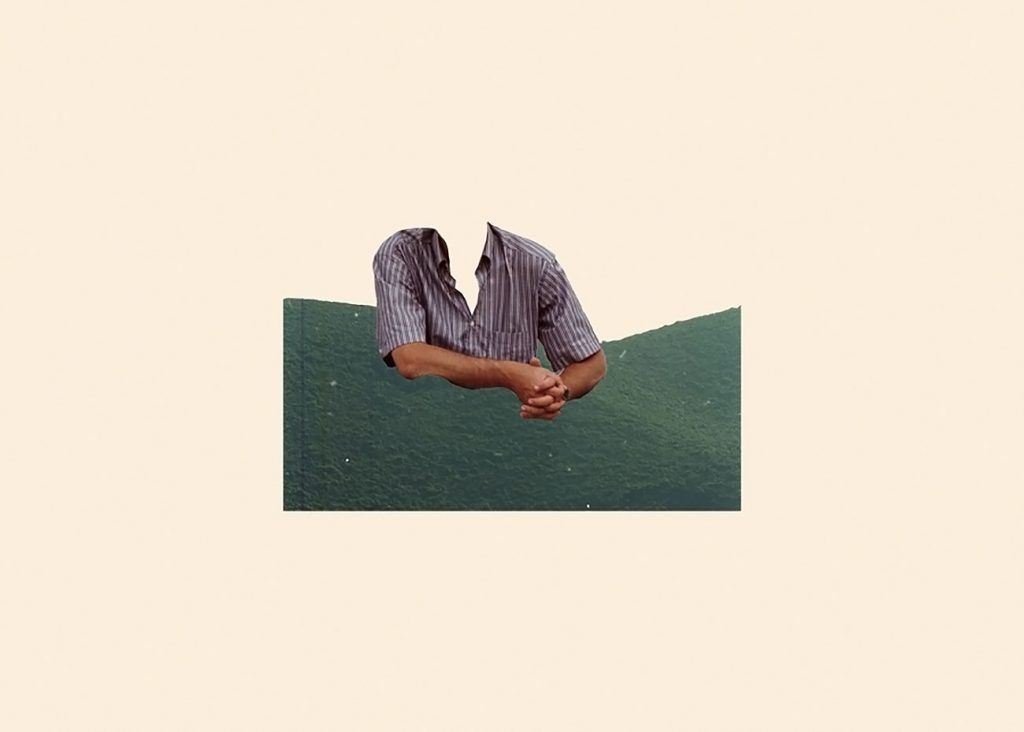We often hear about the Buddhist teaching of no-self. But what does it actually mean to live without a self? In his new book, Losing Ourselves: Learning to Live Without a Self, scholar Jay Garfield argues that shedding the illusion of the self can actually make you a better person. Drawing from Buddhism, Western philosophy, and cognitive neuroscience, Garfield unpacks how the notion of self is not only wrong but also morally dangerous. Once we let go of this illusion, he argues, we can lead healthier and more ethically skillful lives.
In a recent episode of Tricycle Talks, Tricycle editor-in-chief James Shaheen sits down with Garfield to talk about the ethical perils of selfhood, the freedom that can come from moments of selflessness, and how the brahma-viharas can help us let go of ourselves and reclaim our humanity. Read a few excerpts from their conversation below, and listen to the full episode here.
***
What “no self” really means
A central doctrine of Buddhist philosophy is that we don’t have selves, that we are selfless persons. That doesn’t mean that we don’t exist; it means that we exist in another way. We don’t exist substantially or intrinsically or independently, but our existence, like the existence of everything else, is interdependent, conventional, constantly changing.
What it looks like to forget yourself
Whenever we’re called upon to think about who we are, we fall into the trap of reifying ourselves. But we don’t do that all the time. There are a lot of times when we do succeed in forgetting ourselves, maybe in the contemplation of beautiful art or in listening to music, maybe in a deep and meaningful exchange with a close friend, maybe when we’re playing a sport or engaged in practicing something in which we’re highly skilled, where our sense of self and of subject-object duality just vanishes and we suddenly realize, at a certain point, that we haven’t been thematizing ourselves for a very long time. And of course, the moment we realize that, we’ve rethematized ourselves. But at least in retrospect, we recognize that we do have these moments of non-egocentric consciousness.
When we drop subject-object duality
The fact is that we’re at our best when we’re experts. That’s almost tautological. And so we find ourselves at our best when we drop that thematization of ourselves and that subject-object duality… When we’re spontaneous, we are at our best.
The paradox of self-illusion
One of the paradoxes of the self-illusion is that we’re driven to it in order to give our lives meaning or substantiality, to make it something worth caring about. The cruel irony is that nobody would care about a completely independent, inaccessible being outside of space and time that’s unrelated to everybody else. We build something that’s totally fictional but also not even desirable as that bulwark, and we neglect the fact that if we simply pay attention to who we really are and that our being is, as Thich Nhat Hanh puts it, interbeing, then that interbeing is a really beautiful way to be. We don’t need the myth of the self to give our lives meaning.
“Second persons are actually prior to first persons”
We can only come to understand ourselves as sentient, minded beings by already having that concept to apply to ourselves, and the only way we can develop that concept is by seeing that sentience, that mindedness, that personality instantiated in others. So second persons are actually prior to first persons.
“A vast improv collective”
Once we see that we are not solo improv stand-up players but rather members of a vast improv collective, we can recognize that the only way that I can succeed is if we succeed. The only way I can be happy is if we’re happy. And the only way my life can be meaningful is if our lives are meaningful.
♦
Listen to the full podcast with Jay Garfield here:
Thank you for subscribing to Tricycle! As a nonprofit, we depend on readers like you to keep Buddhist teachings and practices widely available.
